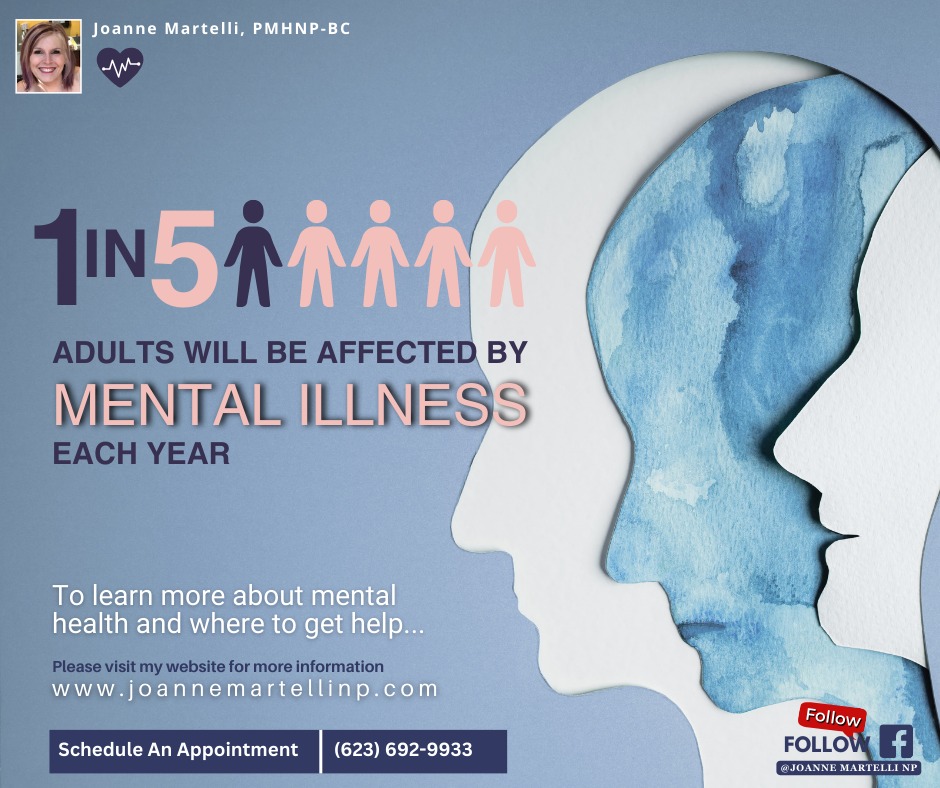In a world that never sleeps, the significance of a good night’s rest often takes a backseat. However, the impact of sleep issues on mental health is profound, and addressing these concerns can lead to transformative improvements in overall well-being. Let’s delve into the realm of sleep issues, exploring their connections to mental health and unveiling transformative treatments that can enhance the quality of both sleep and mental wellness.

https://www.facebook.com/photo?fbid=368935915668860&set=a.165315372697583
The Underestimated Link: Sleep Issues and Mental Health
Sleep issues are not merely a matter of feeling fatigued; they are intricately linked to mental health. The relationship between sleep and mental well-being is bidirectional, with each influencing the other. Insufficient or poor-quality sleep can contribute to the development of mental health issues, including anxiety and depression. Conversely, individuals experiencing mental health challenges often struggle with sleep disturbances, creating a challenging cycle that can impact overall functioning.
The Toll on Mental Wellness
Sleep is a critical component of maintaining good mental health. When sleep is compromised, cognitive function, emotional regulation, and stress resilience are all adversely affected. Chronic sleep issues can exacerbate existing mental health conditions or even contribute to their onset. Understanding and addressing the connection between sleep and mental health is pivotal for a comprehensive approach to well-being.
Unveiling Transformative Treatments
- Cognitive Behavioral Therapy for Insomnia (CBT-I):
- CBT-I is a structured therapeutic approach designed to address the underlying thoughts, behaviors, and beliefs that contribute to insomnia. This evidence-based therapy helps individuals develop healthier sleep habits, manage stress, and reframe negative thought patterns related to sleep.
- Mindfulness Meditation:
- Mindfulness meditation techniques, such as guided meditation and mindful breathing exercises, can be powerful tools for improving sleep quality. By promoting relaxation and reducing stress, mindfulness practices create an environment conducive to restful sleep.
- Sleep Hygiene Practices:
- Simple adjustments to daily routines and sleep environments can significantly impact sleep quality. Establishing a consistent sleep schedule, creating a comfortable sleep environment, and minimizing exposure to screens before bedtime are fundamental sleep hygiene practices that can contribute to better sleep.
- Prescription Medications:
- In some cases, healthcare professionals may prescribe medications to address specific sleep issues. These medications are typically used in conjunction with behavioral interventions and are tailored to an individual’s unique sleep challenges.
- Light Therapy:
- Light therapy, or phototherapy, is particularly effective for individuals with circadian rhythm disorders or seasonal affective disorder. By exposing individuals to bright light that mimics natural sunlight, this treatment helps regulate the body’s internal clock and improve sleep-wake cycles.
- Professional Sleep Evaluation:
- Seeking the expertise of sleep specialists can be invaluable, especially for individuals experiencing chronic sleep issues. Professional evaluation may involve sleep studies, which can diagnose and address underlying sleep disorders such as sleep apnea or restless legs syndrome.
Integrating Treatments for Holistic Wellness
While these treatments offer individual benefits, a holistic approach to mental health enhancement involves integrating multiple strategies. Combining therapeutic interventions, mindfulness practices, and lifestyle adjustments creates a comprehensive toolkit for addressing sleep issues and promoting mental wellness.
The Importance of Individualized Care
It’s essential to recognize that the effectiveness of treatments may vary from person to person. What works for one individual may not be as beneficial for another. Therefore, personalized care that considers an individual’s unique circumstances, preferences, and medical history is key to finding the most effective treatment plan.
Lifestyle Factors Influencing Sleep and Mental Health
Beyond specific treatments, lifestyle factors play a crucial role in shaping sleep and mental health outcomes. Regular physical activity, a balanced diet, and stress management techniques contribute to overall well-being and can positively impact both sleep quality and mental health.
Building a Sleep-Positive Environment
Creating a sleep-positive environment is fundamental to addressing sleep issues. This involves cultivating habits and surroundings that support restful sleep. Simple adjustments, such as limiting caffeine intake in the evening, establishing a relaxing bedtime routine, and ensuring a comfortable mattress and pillows, can contribute to a more conducive sleep environment.
The Journey to Mental Well-Being
Recognizing the intricate dance between sleep and mental health is the first step towards holistic well-being. Sleep issues are not isolated problems; they are interconnected with our mental and emotional states. By unveiling transformative treatments and adopting a comprehensive approach that integrates various strategies, individuals can embark on a journey toward improved sleep and enhanced mental health.
In conclusion, understanding the profound impact of sleep issues on mental health is pivotal in fostering a society that prioritizes holistic wellness. As we unveil transformative treatments, it becomes clear that addressing sleep-related challenges is not just about achieving better rest; it’s about cultivating a foundation for improved mental health and overall flourishing. Embrace the transformative power of quality sleep, and pave the way to a brighter, more mentally resilient future.
Please visit us on Facebook for more information: https://www.facebook.com/joannemartellinp